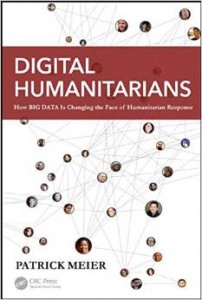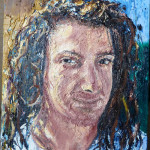
Interviewed: Professor Christian Iaione on the City as Commons
A commons-based economy cannot thrive without appropriate institutions, especially those that represent a “partner state” approach. Professor Christian Iaione of LUISS University in Rome is a pioneer of such institutional innovation in Italian cities. I believe his work with the city of Bologna on Bologna's Regulation for the Care and Regeneration of Urban Commons is a breakthrough. This regulation allows citizen coalitions to propose improvements to their neighborhoods, and the city to contract with citizens for key assistance. In other words, the municipality functions as an enabler giving citizens individual and collective autonomy. More than 30 projects have already been approved in this context and dozens of Italian cities are adopting this regulation. Read more.






